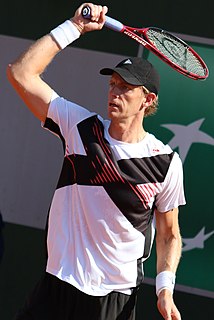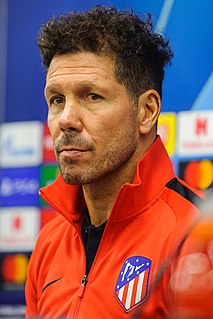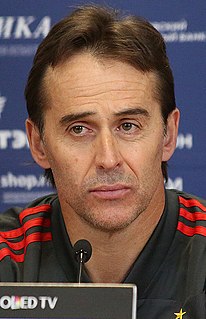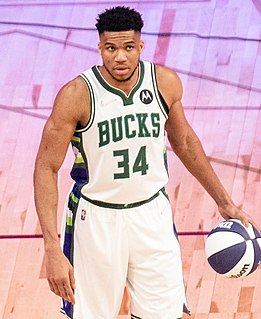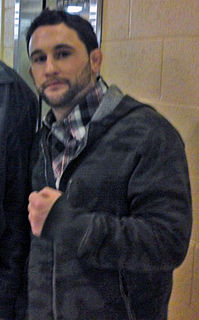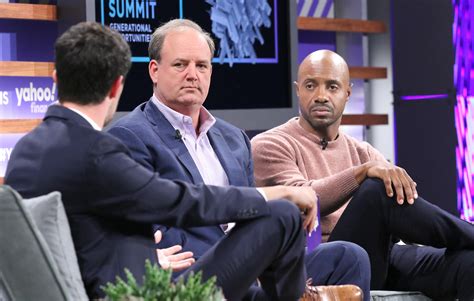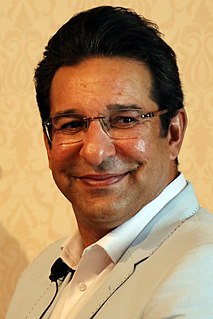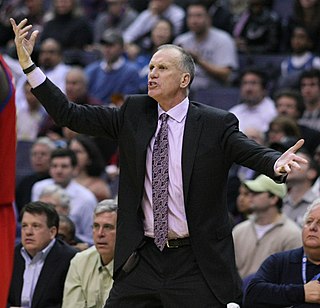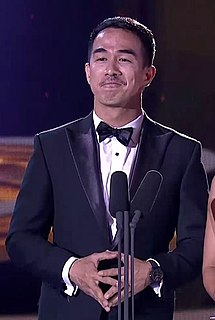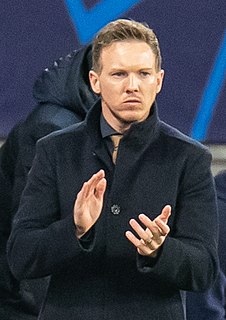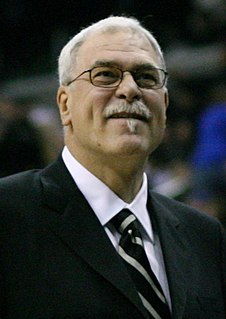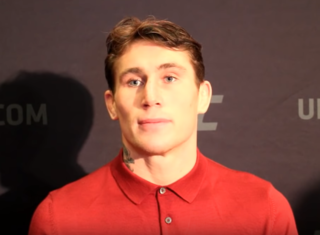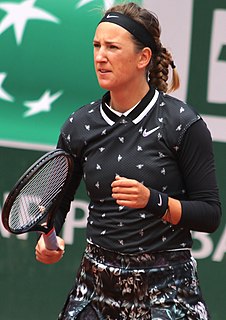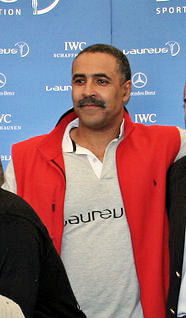A Quote by Alexander Zverev
I try to pay as little attention as possible to people who are not part of my team. What counts for me is what my father says, because he is my coach. I listen to my brother and my fitness coach. I don't care about anyone else.
Related Quotes
I remember when I went to try out for the Olympic team in 1972, Coach Iba told me he didn't care how many points I could score because if I couldn't guard anybody, I wasn't going to make the team. I knew to make the team I had to become a better defender. If you can play offense, you can defend. It just comes down to competitive will.
I think one of the things about being a good coach is to recognise when you have given all that you can. In fact there should be some sort of unspoken law that says that a coach cannot have anyone for three or four years - if you have not passed on most of the stuff you know in that time, then you are not doing a good job.

